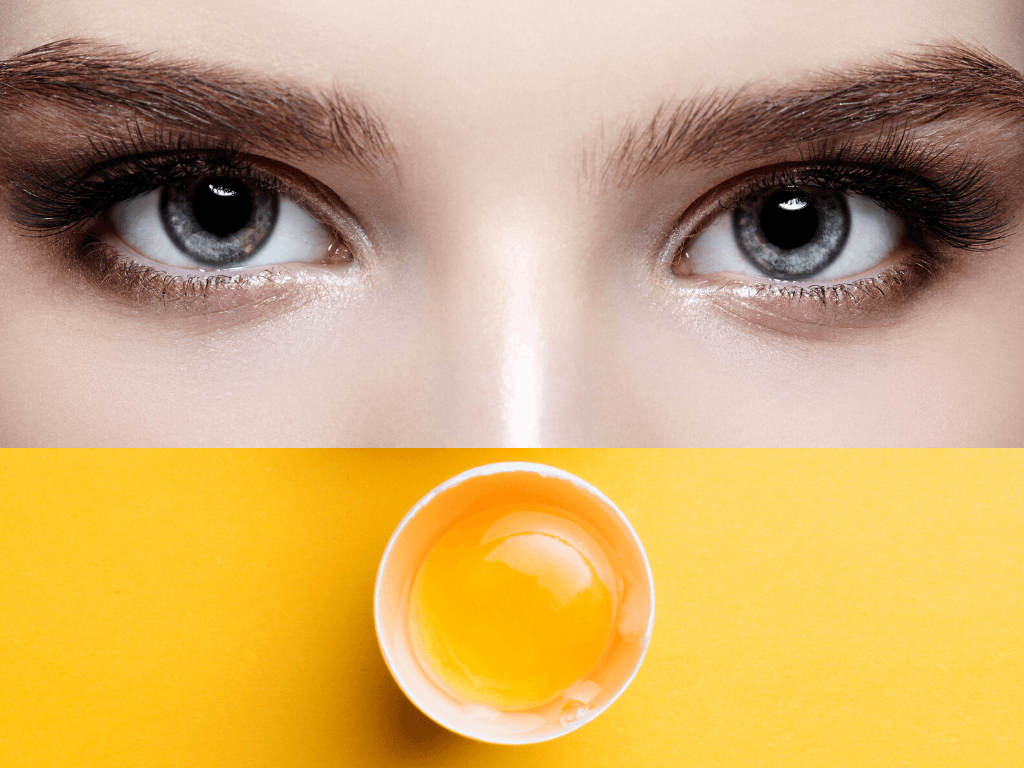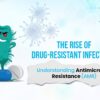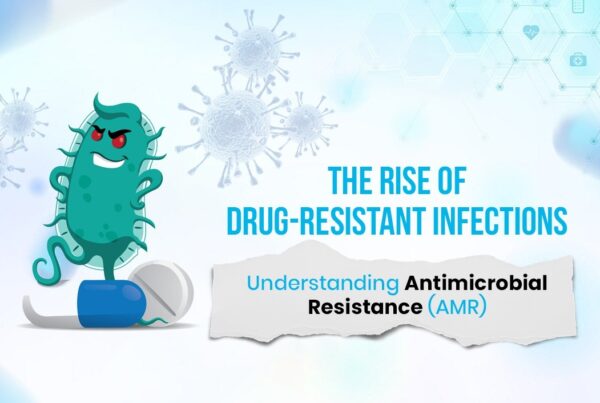Egg yolk good or bad – Breaking the myths
When we speak of nutrition, we can’t avoid eggs. Eggs are a good source of protein and nutrients. But are eggs healthy? Let us dive deeply to find out the truth behind this.
India is one of the top producers of eggs and is likely to improve its production in the coming years. Egg consumption has increased due to advertisement as healthy food. People in the fitness and modeling industry have done their part in promoting the consumption of eggs. The public is convinced that eating eggs and exercising would make them fit and ripped. Also, eggs are an affordable source of protein when compared to meat.
Eggs the Best Antioxidant:
Eggs are rich in Antioxidants like carotenoids and phosvitin. The yellow color of eggs is due to carotenoids. Carotenoids in eggs are more bioavailable than veggies because they come with fat. Hen’s feed determines the color of carotenoids. If the color is darker, then it shows the egg is richer in carotenoids. Iron intake through food can cause inflammation in the body by the process of oxidation. So people donate blood to reduce Iron levels in Blood. Eggs have phosvitin which prevents oxidation of Iron in the yolk.
Are eggs a good source of protein?
Eggs are made up of egg white and yolk. People who diet consume egg whites as they are a good source of protein with high bioavailability value. Bioavailability means the ability of the body to digest and absorb the protein well. People on a diet must avoid egg yolk since they are high in cholesterol content.

Egg yolk has half of the protein of egg white and is also a rich source of essential nutrients. High-quality protein helps to build muscles and allows people to feel satiated and energized. Vitamin D in egg strengthens bones and teeth. Vitamin D maintains calcium and phosphorus levels in the blood and contributes to bone health.
What are Choline and the principal health advantages of Choline?
Choline is a vital nutrient that is naturally present in organic food. It is derived from the “methyl group” and plays a major role in the metabolism of the human body. Eggs are a good source of Choline.
- Liver health: Choline produced in the liver is useful in the prevention of fat buildup in the liver. Choline deficiency can cause muscle degeneration and fat collection in the liver.
- Brain development in babies: Choline is an essential nutrient for pregnant and lactating women. Choline helps in the development of the brain and memory in the fetus. It also improves the child’s defense of stress-related disorders. Choline helps in the development and nurturing of cells. Orally taking choline improves brain function.
How useful are eggs in weight loss?
They are low in saturated fat, so can be consumed as snacks. Eggs, when taken with Breakfast, keep you full and aid you in weight loss. Eggs score high in Satiety Index. Satiety Index shows which food help in satisfying your hunger after intaking it.

Hypertension management through eggs?
Food rich in protein helps control hypertension. One study found that healthy adults who consumed more protein were effective in lowering the long-term risk of hypertension.
How eggs develop the immune system?
Egg yolk protein phosvitin helps to reduce substances in the body which causes inflammation. The Sulfated Glycopeptide in the membrane of egg yolk aids in the production of macrophages which helps the immune system to fight against diseases.
Can eggs cure cataracts?
Egg yolks are a rich source of Lutein and Zeaxanthin guard against cataracts and Macular Degeneration, a prime reason for age-related blindness. It helps guard against free radicals that affect the part of the retina.
 Eggs and good hair growth?
Eggs and good hair growth?
Vitamins present in eggs promote hair growth in many ways. Generous amounts of yolk massaged in the scalp improve texture and prevents hair damage.

Cholesterol management and dietary cholesterol?
Previously it was thought that dietary cholesterol increased cholesterol levels in the blood.
But new research shows that dietary cholesterol intake makes the liver produce less cholesterol. Cholesterol from food is used to produce Vitamin D, Testosterone, and Estrogen.
Precautions when consuming eggs:
- Don’t consume broken or cracked eggs.
- Don’t consume stale eggs.
- Eggs can cause salmonella infection in children and people with immune disorders. Egg if eaten, raw or partially cooked can make one sick. Always consume properly cooked eggs to kill pathogens.
- Campylobacter germs result in fever, stomach pain, and blood in the stool. Besides, it can cause queasiness and vomiting.
- Egg allergy is found in 2 percent of infants, and they usually outgrow this condition when they grow up. Some of the symptoms are Running nose, Wheezing, Diarrhoea, Vomiting, Dizziness, confusion, and skin swelling.
- Eggs should be thoroughly cooked.
- People with diabetes should not consume egg yolks daily since they have high cholesterol content but can replace whole eggs with Egg white.
- Cooking eggs with oil increases trans fat and is unhealthy, so opt for other methods like boiling or poaching.
- More Egg consumption can cause cancer of the breast, prostate, and digestive tract.
- Heart health gets affected by the number of eggs consumed. More eggs taken increased the risk of stroke, Heart failure, and Heart disease.
- When applied on the skin as a pack, Egg white can cause irritation or redness. If you notice such symptoms stop using them right away.
Eggs are a good source of nutrition. It offers many health benefits that outweigh its defects. People with Diabetes and Heart problems should restrict their intake of eggs. Want to know if you are consuming eggs the right way? Are you worried about your diet? Talk to our team of doctors to know more.









